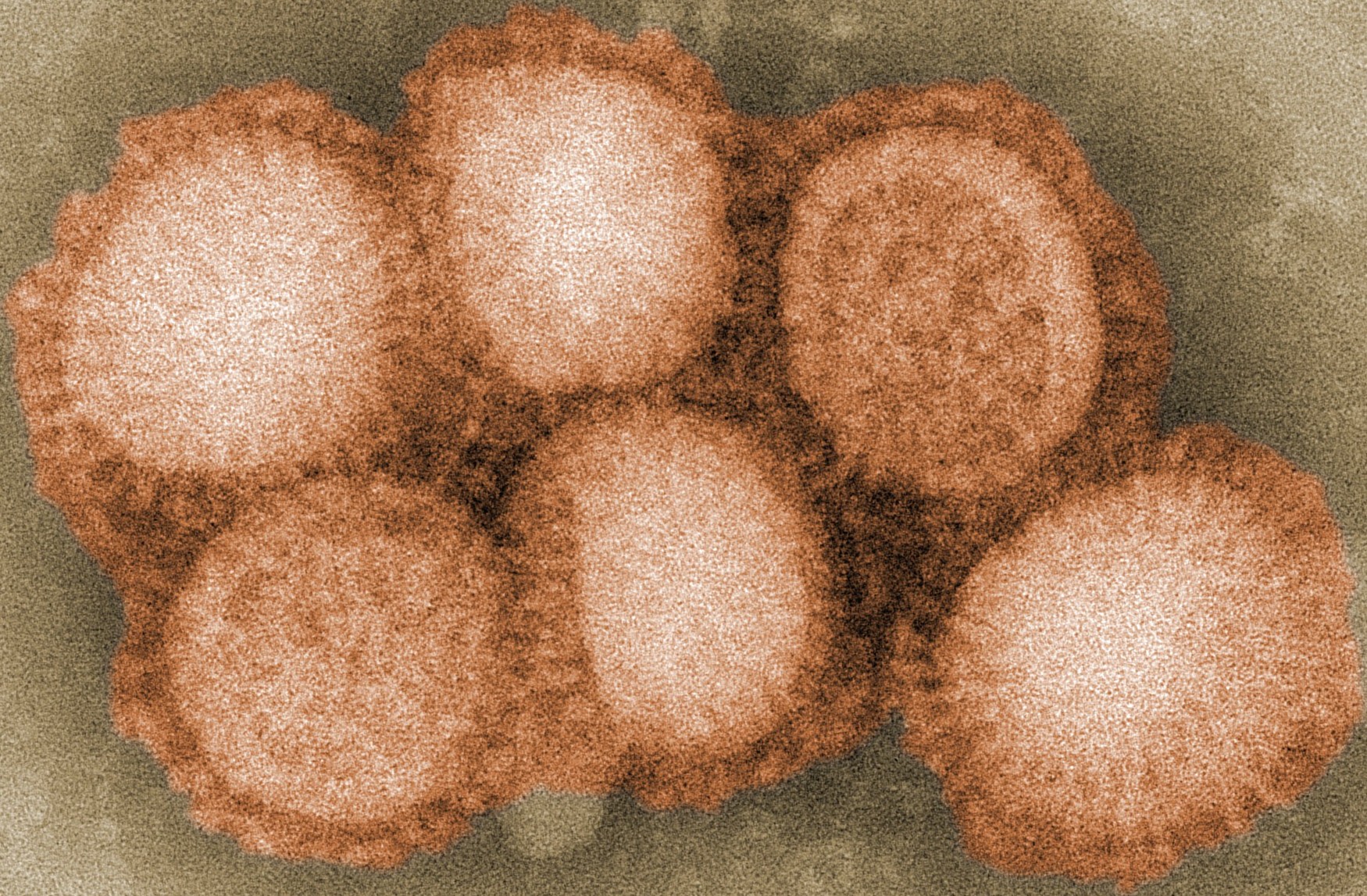|
Isolation (microbiology)
In microbiology, the term isolation refers to the separation of a strain from a natural, mixed population of living microbes, as present in the environment, for example in water or soil, or from living beings with skin flora, oral flora or gut flora, in order to identify the microbe(s) of interest. Historically, the laboratory techniques of isolation first developed in the field of bacteriology and parasitology (during the 19th century), before those in virology during the 20th century. History The laboratory techniques of isolating microbes first developed during the 19th century in the field of bacteriology and parasitology using light microscopy. Proper isolation techniques of virology did not exist prior to the 20th century. The methods of microbial isolation have drastically changed over the past 50 years, from a labor perspective with increasing mechanization, and in regard to the technologies involved, and with it speed and accuracy. General techniques In order to iso ... [...More Info...] [...Related Items...] OR: [Wikipedia] [Google] [Baidu] |
Strain (biology)
In biology, a strain is a genetic variant, a subtype or a culture within a biological species. Strains are often seen as inherently artificial concepts, characterized by a specific intent for genetic isolation. This is most easily observed in microbiology where strains are derived from a single cell colony and are typically quarantined by the physical constraints of a Petri dish. Strains are also commonly referred to within virology, botany, and with rodents used in experimental studies. Microbiology and virology It has been said that "there is no universally accepted definition for the terms 'strain', ' variant', and 'isolate' in the virology community, and most virologists simply copy the usage of terms from others". A strain is a genetic variant or subtype of a microorganism (e.g., a virus, bacterium or fungus). For example, a "flu strain" is a certain biological form of the influenza or "flu" virus. These flu strains are characterized by their differing isoforms of su ... [...More Info...] [...Related Items...] OR: [Wikipedia] [Google] [Baidu] |
